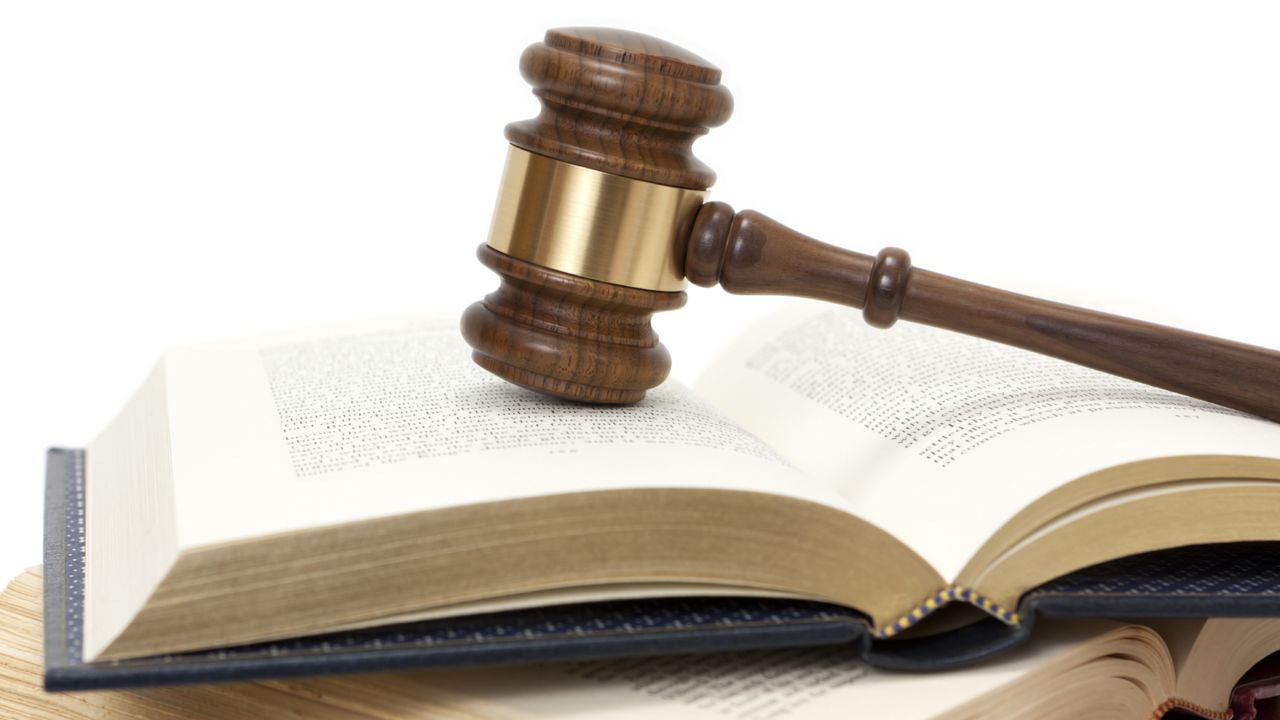New York courts would be under a requirement to inform defendants of non-religious substance abuse treatment programs under a measure proposed this week by two state lawmakers.
The proposal, introduced by Assemblyman Harvey Epstein and Sen. Peter Harckham, was proposed in recognition of National Recovery Month. And it is being proposed in the wake of a spike in overdose deaths that have coincided with the onset of the COVID-19 pandemic.
“Our legislation protects New Yorkers First Amendment rights and sets them on a path to recovery that aligns with their beliefs," Epstein said. "It’s important now more than ever, as we have seen substance use disorders skyrocket during the pandemic. We have a diverse group of organizations behind us, and I look forward to working with them to pass this commonsense bill."
The bill would amend New York's criminal procedure and penal law. It would create a process for courts that would allow a defendant or person on probation who is required to complete a substance abuse treatment program if they have an objection to a religious element of the program.
If the defendant does so, the court must find an alternative equivalent program in which the defendant has no objection on religious grounds.
“Instead of making circumstances more onerous or problematic for New Yorkers who want to enter treatment programs for Substance Use Disorder, we need to focus on simple ways to accommodate them,” said Harckham, who is the chairman of the Senate committee on addiction and substance abuse. “This legislation allows courts to consider preferred program options without spiritual components when ordering individuals to treatment, which seems in line with our basic constitutional rights. The key here is to get people into treatment programs on a positive note at the onset.”
Lawmakers also argue their measure could help the state avoid lawsuits filed by defendants who object to religious aspects of treatment programs. Courts have sided in the past with defendants who seek non-religious treatment programs.
At the same time, the measure has the backing of treatment advocates.
“The addiction crisis and deadly drug overdose epidemic—which took a shocking record of 93,000 American lives in 2020—have sharply increased the need for numerous recovery resources to help everyone affected,” said Bill Greer, the president of SMART Recovery USA. “People in the criminal justice system must have access to secular recovery support, as required by constitutional case law.”



